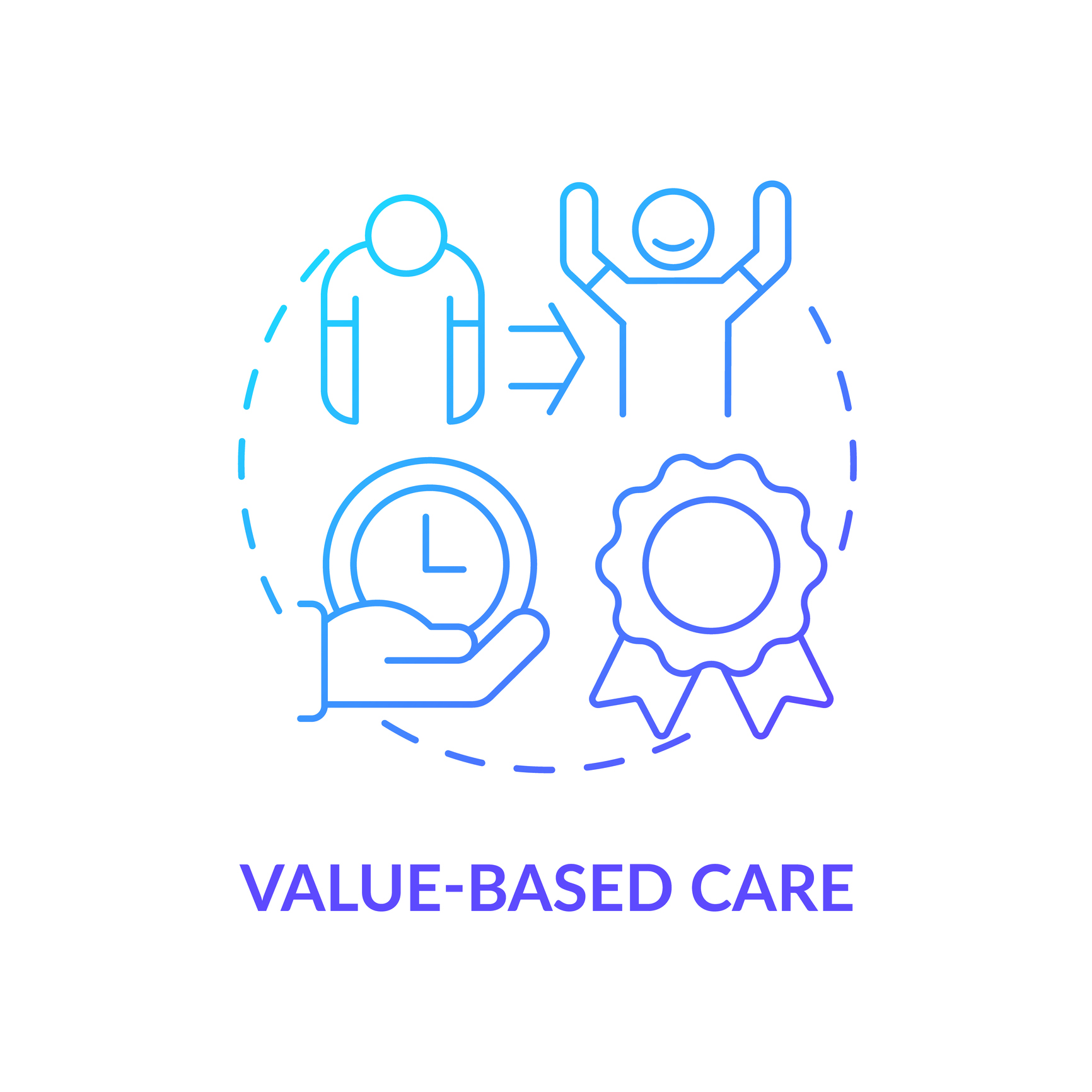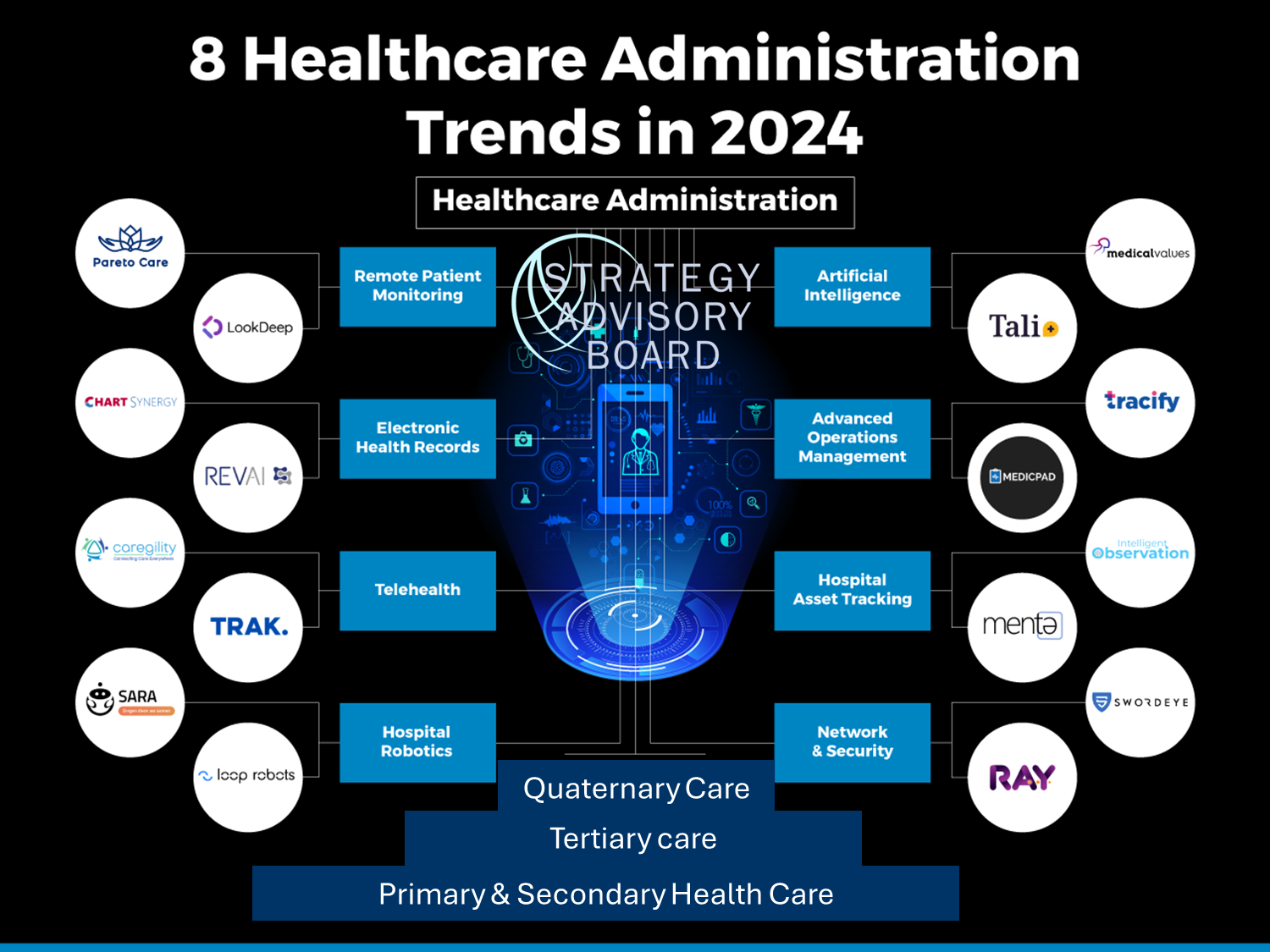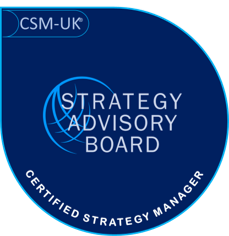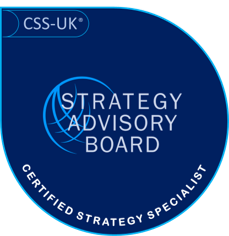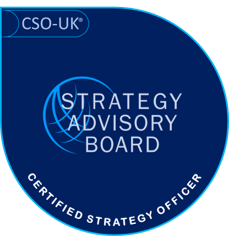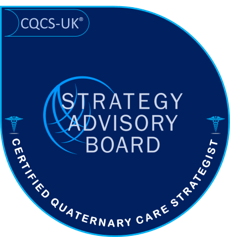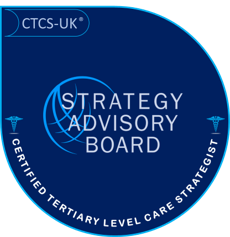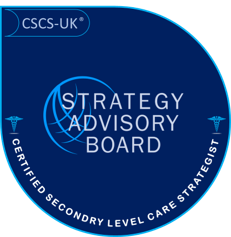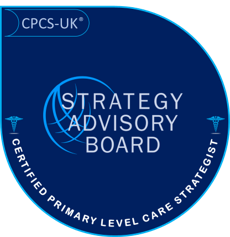CERTIFIED HEALTHCARE STRATEGIST

Certified Quaternary care strategist
Quaternary care is an extension of tertiary care in reference to advanced levels of medicine which are highly specialised and not widely accessed, and usually only offered in a very limited number of national or international centres.
certified secondary care strategist
Secondary healthcare is the specialist treatment and support provided by doctors and other health professionals for patients who have been referred to them for specific expert care, most often provided in hospitals.
certified tertiary level care strategist
Tertiary care, is highly specialised medical care, usually provided over an extended period of time, that involves advanced and complex diagnostics, procedures and treatments performed by medical specialists in state-of-the-art facilities.
certified primary level care strategist
Primary healthcare is "essential health care" that is based on scientifically sound and socially acceptable methods and technology. This makes universal health care accessible to all individuals and families in a community.
Choose the best fit level
Achieving Board Membership demonstrates to employers, clients and peers that you are fully meeting the rigorous requirements and professional standards in Healthcare Strategic Management
£299
Chartered Strategist
- Application
- Credentials Review
- Tech Appraisal
- Assessment
- Certified
healthcare sector stars
CERTIFIED QUATERNARY CARE STRATEGIST
CQCS
- Digital Syllabus Included
- Assessment Test Included
- Digital Certificate Included
CERTIFIED TERTIARY LEVEL CARE STRATEGIST
CTCS
- Digital Syllabus Included
- Assessment Test Included
- Digital Certificate Included
CERTIFIED SECONDRY LEVEL CARE STRATEGIST
CSCS
- Digital Syllabus Included
- Assessment Test Included
- Digital Certificate Included
CERTIFIED PRIMARY LEVEL CARE STRATEGIST
CPCS
- Digital Syllabus Included
- Assessment Test Included
- Digital Certificate Included
Frequently asked questions
A health care administrator is also known as a medical or health services hospital operations manager sets hospital strategy & oversees the strategically integrated operations of health care providers. Whether at a doctor’s office, hospital, senior care facility, or outpatient clinic, the health care administrator coordinates the business activities of the facility or department.
Health care administrators don’t just work in hospitals. You can also work in a pharmaceutical company, behavioral health clinic, governmental organization, health insurance provider, nonprofit, or consulting firm.
Our Professional Certifications prepares you to help manage the daily operations in a hospital medical facility and perform other administrative tasks such as manage the daily operations of medical clinics by maintaining schedules for employees, delegating tasks, handling clinical records and patient reports, managing inventory and enforcing quality standards.
- Healthcare Customer Relations
- Health Policy
- Medical Coding
- Medical Ethics
- Medical Office Management
- Medical Terminology
- Patient Privacy
- Hospitals CEOs & COOs
- Health informatics medical records director / manager
- Health services director / manager
- Hospital administrator
- Hospital admissions director / manager
- Long-term care director / manager
- Long-term care director / manager
- Medical records director / manager
- Hospital operations director / manager
- Community health director / manager
- Healthcare consultant
- Health insurance analyst
- Health policy analyst
- Health promotion specialist
- Health services manager
- Medical reimbursement analyst
- Medical services administrator
- Nursing home / Care home administrator
- Private practice officer manager
- Patient education director / manager
- Communication and Technologies
- Ethical Considerations of Healthcare
- Healthcare Administration
- Healthcare Informatics Data Management
- Healthcare Finance
- Healthcare IT Infrastructure and Network Management
- Healthcare Quality Management
- Healthcare Regulatory Compliance and Accreditation
- Healthcare Reimbursement
- Legal Considerations of Healthcare
- Managing and Leading Large Size Hospitals
- Healthcare Systems Thinking & Strategic Planning
- Patient Safety Systems and Strategies
- Performance Improvement Measurement and Methodologies
- Public Health and Safety
- Managed Care and Health Insurance
- Healthcare Law
- Healthcare Metaverse & Dataverse
HSA – Health Services Administrators:
HSAs are involved in numerous areas across medical facilities, including accounting, human resources management, and program development. Depending on the size of the organization, they may manage one department or the entire building. A major responsibility includes ensuring all departments follow health regulations to represent the facility positively to investors and governing bodies.
Anyone who wishes to become a health services administrator must display good organizational leadership and research skills. They also must know how to adjust processes in response to ever-changing regulations and technologies. This position can be a financially rewarding career opportunity. In 2023, health service managers made an average annual salary of $189,280.
HAM – Hospital Administrators:
Hospital administrators supervise the departments of a facility and ensure that patients receive high-quality care. They manage hospital budgets and coordinate schedules for staff members. In some cases, these administrators will interview physicians seeking employment. They also ensure hospitals comply with all government guidelines to operate safely.
Despite their title, hospital administrators work in numerous facilities, including nursing homes and rehabilitation centers. According to the U.S. Bureau of Labor Statistics (BLS), this position can be financially fulfilling. In 2020, hospital administrators earned a median annual salary of $112,870.
Clinical Managers:
Clinical managers are in charge of maintaining the entire facility. They design and implement policy and manage billing services. Depending on the position, a clinical manager may also facilitate staff meetings and train new employees. Clinical administrators at smaller health care organizations schedule daily treatment plans, while those at large-scale facilities supervise non-physician staff members and run specific departments.
HIM – Healthcare Information Managers:
Health information managers organize crucial patient and treatment information in databases to ensure medical facilities abide by evolving industry standards. In some cases, they will direct multiple technicians to perform specific data collection tasks. Health information managers produce financial plans to ensure the facility pays its bills on time. They also collaborate with the human resources department to solve staffing issues that can lead to inefficiencies.
Individuals who wish to pursue a career as a health information manager must understand billing codes and have a working knowledge of coding and software. They also need leadership skills to ensure IT teams maintain data accurately.
PMS – Pharmaceutical Management Strategist:
PMS represents pharmaceutical companies in marketing their drugs they sell correctly. They research what patients need and organize production teams to begin the development phase. Then, they supervise the progress of the drug until the final stages of marketing. Pharmaceutical project managers must also know the warnings and potential side effects of the medicine to label it properly on product packaging and information sheets.
People who want to become pharmaceutical business strategists must have marketing, investment, and leadership knowledge. They also need some experience in science and business to analyze a wide range of data.
Care Home Professionals:
These professionals are responsible for supervising the clinical activities of nursing homes. They ensure residents receive high-quality care by hiring dedicated staff members and stocking medical supplies regularly. Nursing home administrators also have financial duties, including budgeting and conducting contract negotiations. Additionally, they ensure the facility abides by local, state, and federal regulations.
While the specific requirements vary by state, those interested in becoming a nursing home administrator need to obtain a license. Once licensed, they can pursue numerous positions in this field. Per BLS research, nursing home administrators earned a median wage of $189,880 in 2023.
Upskill yourselves by getting Certified as Healthcare Strategists
Latest Trends in Healthcare


